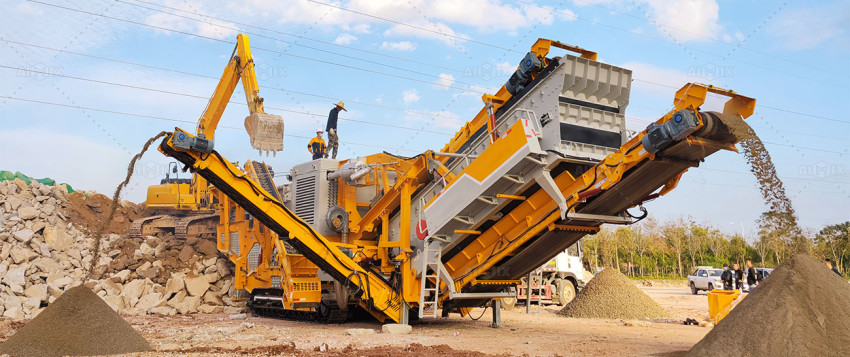
In the realm of construction and mining, stone crushers play a crucial role in breaking down rocks and stones into smaller pieces for various applications.
Understanding Your Needs
Before diving into the technical specifications of stone crushers, it's crucial to assess your specific requirements. Consider factors such as the type and size of stones you'll be working with, the desired output size, production capacity, and mobility requirements. Understanding your needs will help narrow down your options and ensure you select the most suitable stone crusher for your application.
Types of Stone Crushers
Stone crushers come in various types, each designed for specific purposes and applications. Common types include jaw crushers, cone crushers, impact crushers, and gyratory crushers. Each type has its unique characteristics, advantages, and limitations. Understanding the differences between these types will aid you in choosing the most appropriate crusher for your project.
Evaluating Performance and Efficiency
When evaluating stone crushers, consider factors such as performance, efficiency, and reliability. Look for crushers with features that enhance productivity, minimize downtime, and reduce operating costs. Features like adjustable settings, automated controls, and advanced monitoring systems can significantly improve overall efficiency and performance.
Quality and Durability
Investing in a high-quality stone crusher is essential for long-term reliability and performance. Pay attention to the build quality, materials used, and the reputation of the manufacturer. Opting for reputable brands known for their durability and reliability can save you time and money in the long run by minimizing maintenance requirements and prolonging the lifespan of your equipment.
Safety Considerations
Safety should always be a top priority when purchasing and operating stone crushers. Ensure that the crusher complies with all relevant safety standards and regulations. Look for features such as safety guards, emergency stop buttons, and safety interlocks to prevent accidents and ensure the well-being of operators and maintenance personnel.
Maintenance and Support
Regular maintenance is essential to keep your stone crusher operating at peak performance. Consider factors such as ease of maintenance, availability of spare parts, and the level of technical support provided by the manufacturer or supplier. Choosing a crusher with accessible components and comprehensive support services will streamline maintenance tasks and minimize downtime.
Budget and Cost Analysis
While quality and performance are paramount, it's also important to consider your budget and overall cost of ownership. Evaluate the initial purchase price, ongoing maintenance costs, and potential return on investment. Factor in long-term considerations such as energy consumption, wear parts replacement, and resale value when calculating the total cost of ownership.
Conclusion
Purchasing a stone crusher is a significant investment that requires careful consideration and planning. By understanding your needs, evaluating performance and efficiency, prioritizing quality and durability, ensuring safety, considering maintenance requirements, and analyzing costs, you can make an informed decision that meets your requirements and budget constraints. With the right stone crusher at your disposal, you'll be well-equipped to tackle even the most demanding crushing tasks with confidence and efficiency.




